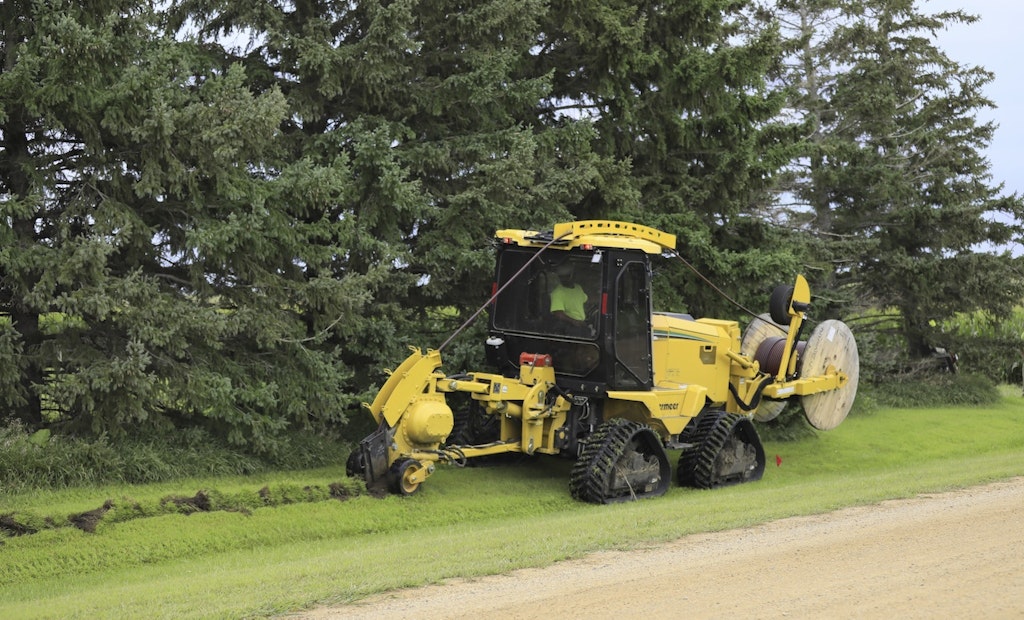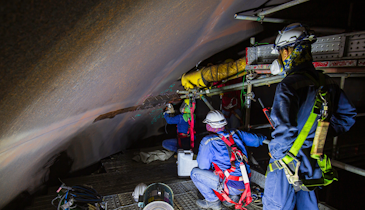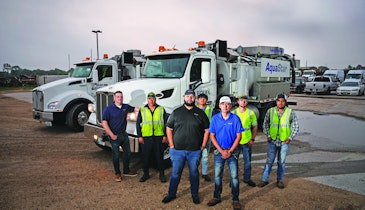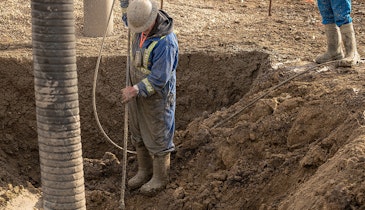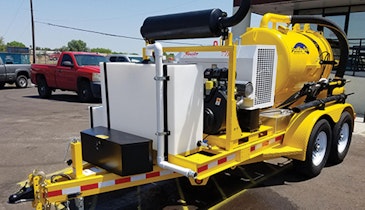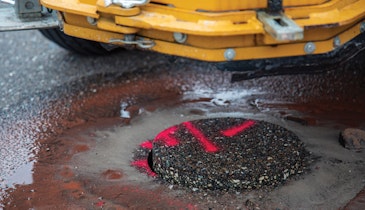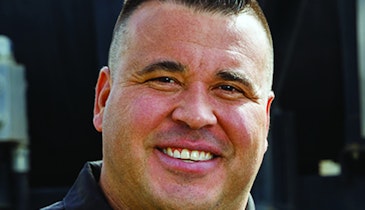Interested in Drilling?
Get Drilling articles, news and videos right in your inbox! Sign up now.
Drilling + Get AlertsHaving the right equipment makes a difference in managing a successful, productive horizontal directional drilling job site. How you secure and retain that equipment itself — from tooling to the largest HDD machines — can be key to completing a job.
Job size, duration of use and overall cost are all variables that can contribute to which procurement strategy is most effective. Time is a huge factor; in general, the length of time over which you’re financially responsible for a piece of equipment and how long you’ll be using it on the job site help determine which strategy is best, according Lee Schroeder, Vermeer sales manager for utility infrastructure commercialization. In other words, identify what you need and how long you need it.
“The nice thing about purchasing equipment today is you have so many options with financing rates, rental terms and purchase options. We work hard to consider how our customers want to do business, how they manage cash flow and how tolerant they are for risk. Consider these variables when making a purchase decision,” Schroeder says. “This is becoming more important as more contractors start to think in terms of specific operating costs on the job site. It should be a high priority today to take machinery costs into account, and we’re seeing more contractors make purchase decisions based on what they need to do to remain successful.”
In general, the more a contractor commits to ownership of a specific piece of equipment, the lower the overall cost. Outright purchases typically spread the machine’s cost over a longer duration, but it’s a long-term financial commitment. On the other end of the spectrum, a short-term rental agreement may carry a much higher cost, but the contractor may only need that piece of equipment for a much shorter duration, thereby justifying that higher price. Here is an overview of each of the three purchase options — rent, lease and buy — and what circumstances can make each the right choice.
Rent
If you have a specific job that requires a little extra horsepower or a specific piece of equipment that you normally don’t use, renting is likely the best option for you. You may pay considerably more but renting helps prevent a long-term financial commitment. You probably still have the flexibility to purchase outright later on, but you’re not bound to a specific long-term time period like when financing or leasing.
“A rental agreement is a short-term play. You may pay a lot more to rent than you would if you were leasing or buying, but you have a specific goal in mind, you know specifically how you’ll use that equipment and will just pay your tab and be done,” Schroeder says. “You may also be able to sign a rental purchase option agreement so you can buy later, with your rental payments going toward the cost of the machine. Many renters wind up moving forward with a purchase.”
Lease
When leasing a piece of equipment, a contractor retains the ability to purchase it outright at the maturation of the lease. Prices are usually not as high as when renting, but the financial obligation is often longer in duration. A lease provides the contractor the flexibility to purchase the equipment outright at the completion of the deal, or he or she can return it if it’s no longer needed.
“If I know I’m going to have work that will require a piece of equipment for the next two years, I can lease it and I’m not necessarily tied to it, but I can buy out the lease if I want,” Schroeder says. “A lease is almost always on a new piece of equipment, whereas an rental purchase option might be on a slightly used machine.”
Buy
If you have a consistent daily need for a specific machine and have the cashflow necessary to cover initial ownership costs, outright purchases are typically the lowest-cost option for the contractor who’s planning more for the long term. While leases sometimes have restrictions on things like hours of use, outright ownership is free of those variables. But, along with ownership comes the sole responsibility for maintenance, while many leases have specific maintenance schedules to which the lessee must abide.
“More contractors are thinking in terms of total cost of ownership, accounting for operating costs and residual values,” Schroeder says. “Sometimes an outright purchase is the best option, but they should think in these more specific terms to determine what will make it most beneficial for them.”
Consider maintenance
How do you maintain your HDD equipment? Answering that question can also help determine whether you should rent, lease or buy your next piece of equipment. Leases are typically accompanied by a maintenance and service schedule. If overall maintenance and service are high priorities to the equipment you operate, leasing and outright ownership are more viable options than higher-cost rental agreements.
“The nice thing about a lease is you’re getting a maintenance plan with it. It has more of a service record that shows all of the planned maintenance that has been and will be conducted,” Schroeder says. “And it keeps the machine in optimal operating condition because it’s maintained by the dealership.”
Think long-term
When identifying the right procurement option — whether rent, lease or buy — it can be helpful to think in longer terms, as well as what types of jobs you anticipate working on in the time you expect to use a specific piece of equipment. Having the right equipment for the job is absolutely important, but how you retain that equipment can have a major influence on your business’s success.
“Some contractors will talk about how much they spend per foot to operate on an HDD job site, and that is increasingly vital to success,” Schroeder says. “You want to truly know and understand your inputs and outputs on your balance sheet. What is a specific piece of equipment going to cost you? What kind of revenue will it generate for you? You want to make sure you choose the right equipment and secure it in a way that works best for your operation financially.”
Are you interested in exploring your HDD equipment purchase options? Start by contacting your local Vermeer dealer.
